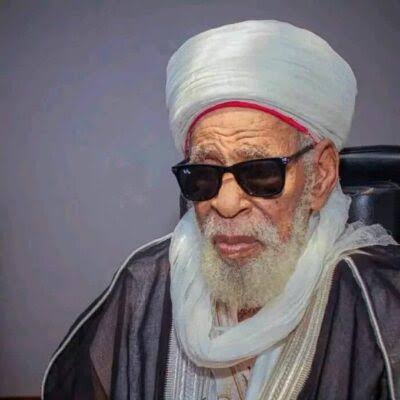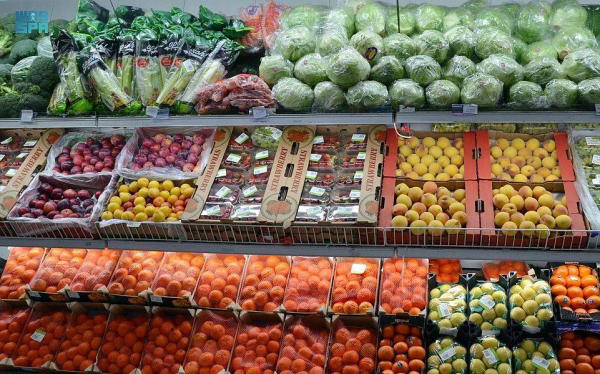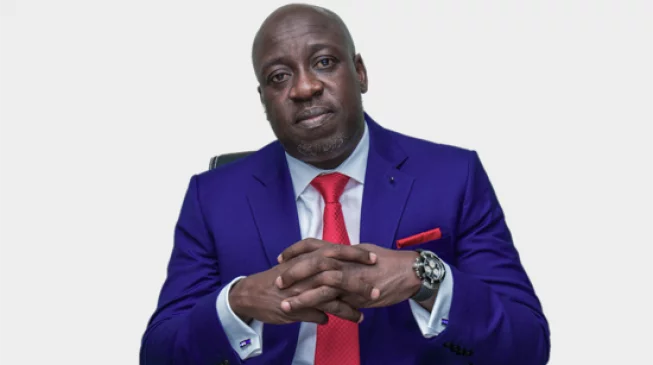Unhygienic practices: Lagos seals residential building converted to abattoir


…as state mulls partnership with consortium on sustainable intervention
By Olasunkanmi Akoni
In line with the ongoing zero-tolerance enforcement, the Lagos State Government on Monday shut a residential building on 12 Alfred Williams Street in Iju Station and also arrested the property owner, a 70-year-old man, and two other suspects.
This is coming barely four days after Oko-Oba Abattoir, Agege, was shut over unwholesome practices by the state government.
Meanwhile, the Lagos State Government has announced plans to collaborate with the team from the African Cities Research Consortium, ACRC, as part of efforts to explore various avenues for sustainable urban interventions across the metropolis.
Commissioner for the Environment and Water Resources, Mr. Tokunbo Wahab, who disclosed this, said, “Investigations revealed that following the shutting down of the Abattoir at Oko-Oba on Friday, the property owner of 12, Alfred Williams allegedly converted his residence into an abattoir where slaughtering of animals was being carried out thus endangering the entire neighborhood through unhygienic practices and circumventing government lawful directives for pecuniary gains.
“Following reports from a whistleblower, the Ministry of the Environment and Water Resources, enforcement team on Monday, sealed the property on 12, Alfred Williams Street in Iju Station and also arrested the property owner.
“This swift response demonstrates our zero-tolerance policy towards all forms of environmental infractions, whether in designated facilities or residential areas.”
According to the commissioner, the three suspects in custody will be prosecuted according to the state Environmental Law after further investigation is concluded.
The suspects are: Musiliu Lawal, 70 years, the property owner, Babatunde Rasaq, 58 years and Saka Mutairu, 35 years.
Earlier, the state government enforcement team also demolished shanties erected within the Oko-Oba Abattoir in an operation led by Corps Marshal, Lagos State Environmental Sanitation Corps, LAGESC, Major Olaniyi Cole (retd).
Wahab, while receiving the ACRC team on a courtesy visit at his Alausa Office, said the collaboration would further improve the commitment to foster inclusive urban transformation and resilience in Lagos State.
According to him: “I would like to express appreciation to this team for allowing Lagos to be part of those five cities in the continent that you chose for this project. For those who are familiar with Lagos, it’s a very unique state, unique in every sense. Lagos is the smallest state in Nigeria in terms of landmass.
“Lagos on the map of Nigeria is just like a dot with a size of 3,575 square kilometres of land, and one-third of it is water. The Atlantic Ocean is by south of Lagos. It also has creeks, the lagoons as well as the rivers and still accomodate10% of the country’s population.
“The only other state that is on Lagos’ boundary is Ogun State. This is the reason most of the water projects in Lagos State are sited in Ogun State to have a clean water source.
“Lagos is also a state that is below sea level; as such, the state is exposed to the risk of climate change in two different ways. Sometimes, when it rains, it rains excessively (recall that it rained for about 24 hours in the state last Saturday), and sometimes the heat is excessive as well.
“Sometimes when it rains, the sea level rises, which usually causes flash flooding because there will be a lockup and when it locks up, it means storm water cannot discharge into the lagoon or the Atlantic.
“Despite some of these occurrences, most people still play the ostrich when it comes to climate issues, but the government knows for a fact that science doesn’t lie. As such, Climate change is real.
“The state government sees and has accepted these challenges as such is taking very different approaches in tackling them.
“The State Government will continue to provide resilient infrastructure all year round across the state and ensure all year round cleaning and dredging of secondary collectors and primary channels.”
He stated further that the government had put in place pumping stations in difficult, low-lying areas like Lagos Island and environs in order to deflood the whole of Lagos Island.
Wahab continued: “The Government has also moved from the collect and dump system in the waste management process to a sustainable circular economy in order to ensure a clean and livable State.
“We are also being very audacious to say to people that, “we can’t allow you to destroy the environment and consequently, if you build on a stormwater part of a wetland, the government would remove those structures and let that stormwater have access to discharge.
“We have also taken our destiny in our hands by saying we shall prescribe and ban single-use plastics like styrofoam because of the adverse effects on the environment and the usage of all types of polystyrene that are below 40 microns.
“These were very tough decisions in the light of the fact that we are a growing economy, but science has shown us and research has shown us the quantum of plastics that we discharge daily, and we have no choice but to take those hard decisions”.
In response, the Senior Management team head of programme delivery, ACRC, University of Manchester, Irene Vance, expressed appreciation for working with the State, saying, “It is very important to tackle the challenges of cities.”
Vance said, “It is very necessary to collaborate with sub-national governments to make a difference in security, transportation, water, sanitation, health and nutrition, among others.
“Some of the selected areas include: Okerube, under Alimosho Local Government, as well as the ongoing lighting project in Ajegunle, part of the state under Ajeromi-Ifelodun Local Government Area, among others.
The post Unhygienic practices: Lagos seals residential building converted to abattoir appeared first on Vanguard News.














